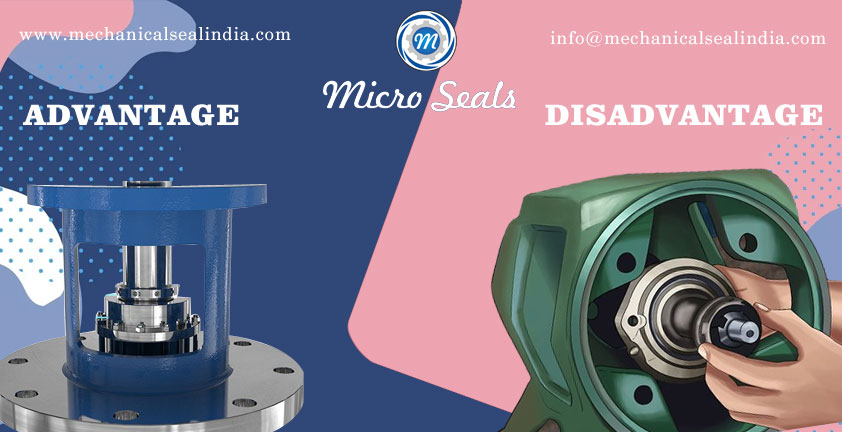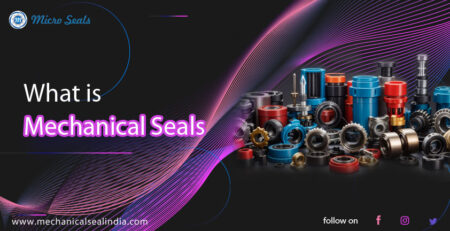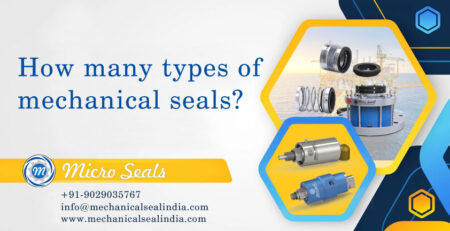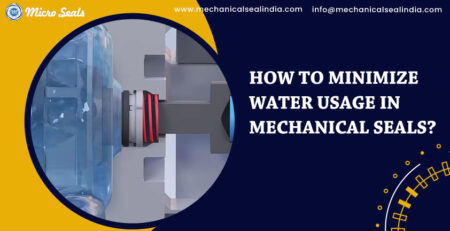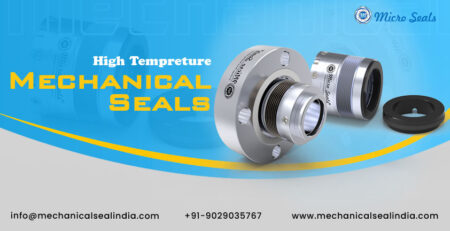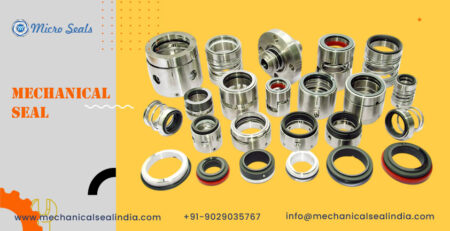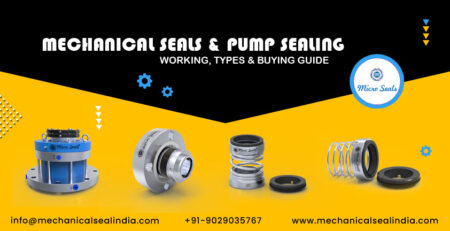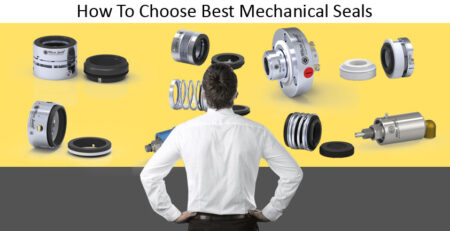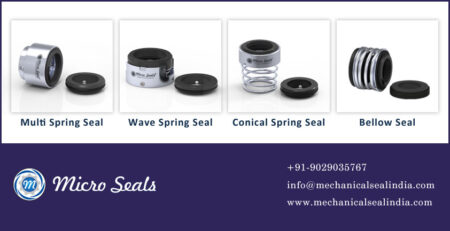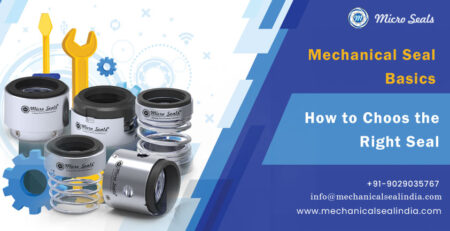Advantages VS Disadvantages Introduction
Mechanical seals play a crucial role in modern industrial equipment, particularly in pumps and rotating machinery. such as pumps, compressors, and mixers. Understanding the advantages vs disadvantages of mechanical seals is essential for engineers and plant managers to make informed decisions about their use.
In this article, we’ll walk you through the key advantages and disadvantages of mechanical seals to help you make an informed decision before investing in this critical component.
How mechanical seals work
The operation of mechanical seals relies on the interaction between the rotating and stationary seal faces. Their primary function is to prevent leakage of fluids (liquid or gas) from the rotating shafts that are a part of these systems.
Mechanical seals work by pressing a rotating and stationary seal face tightly together, making it difficult for fluids to leak through. The faces are held together using hydraulic and spring forces, allowing the shaft to rotate while maintaining the seal. Without lubrication, the faces would quickly wear out due to friction and heat, so a thin layer of fluid is kept between them for lubrication and cooling. The gap between the seal faces is extremely small, around 1 micron, which is crucial for ensuring the seal’s effectiveness.
Components of mechanical seals
Mechanical seals consist of several key components that work together to create an effective seal. The main parts include:
- Rotating primary face: This component is fixed to and rotates with the shaft, sealing against the stationary primary sealing element.
- Stationary primary face: Fixed to the stationary housing of the pump or other equipment, this face seals against the rotating primary sealing element.
- Mechanical loading devices: These components, such as springs or metal bellows, bias the primary sealing elements in contact to initiate sealing.
- Secondary seals: These static and dynamic seals, often O-rings or gaskets, seal between the mechanical seal components and the equipment shaft and housing.
- Drive mechanisms: Set screws and drive pins are examples of components used to provide rotation to the rotating primary seal face.
The materials used in mechanical seals vary widely and are often selected based on their resistance to the fluid being sealed and its operating temperature. Typically, one of the seal faces is made of a carbon graphite material, while the counter-face is made of a harder ceramic or carbide material.
Key advantages of mechanical seals
- Reduced Leakage One of the biggest advantages of mechanical seals is their ability to minimize or completely prevent leaks. Unlike traditional packing seals, which tend to wear out over time, mechanical seals provide a more reliable seal, especially under high-pressure conditions.
- Longer Lifespan Mechanical seals are designed to endure high levels of wear and tear, providing a longer operational lifespan. This reduces the frequency of maintenance and replacement, ultimately lowering your overall operational costs.
- Improved Energy Efficiency By providing a more effective seal, mechanical seals help reduce friction and energy consumption. This means that your pumps or other equipment will require less energy to operate, which can lead to significant savings in the long run.
- Suitable for a Wide Range of Applications Mechanical seals are highly versatile and can be used in various industries, from food processing to chemical plants. Their adaptability makes them the preferred choice for operations dealing with different fluids, pressures, and temperatures.
- Enhanced Safety Since mechanical seals reduce the chances of leaks, they contribute to a safer working environment. This is particularly important when handling hazardous chemicals, where any leak could lead to dangerous consequences.
Disadvantages of mechanical seals
The disadvantages of mechanical seals is their higher upfront cost compared to traditional sealing methods like gland packing.
While mechanical seals offer many benefits like improved leak prevention and efficiency, they come with several disadvantages. They have higher upfront costs compared to traditional sealing methods, require complex and precise installation, and are sensitive to operating conditions like temperature and pressure fluctuations. Additionally, mechanical seals are prone to sudden failures, which can lead to significant downtime and expensive repairs. However, these issues can often be mitigated through careful selection, proper installation, and regular maintenance. Balancing the pros and cons is essential for optimizing their use in industrial
Choosing the right sealing solution for your industrial equipment is crucial for maximizing performance, reducing downtime, and ensuring safety. Mechanical seals offer numerous advantages, such as reduced leakage, improved energy efficiency, and longer lifespan. However, they also come with certain disadvantages, including higher upfront costs and the need for skilled installation.
By understanding both the advantages and disadvantages of mechanical seals, you can make a more informed decision and select the best option that suits your operational needs. Always consider factors such as the type of fluid, pressure levels, and specific application requirements before finalizing your choice.
To Know More about mechanical seal supplier Read Our Blog Post on top mechanical seal supplier For More mechanical seal services Information, Check out our Mechanical Seals Repair Page.
Microseals Is ISO 9001:2015 Certified Company and Leading Mechanical Seals Manufacturer & Supplier In India, Providing Leakages Solutions To All Types Of Pump Applications By Manufacturing Mechanical Seals And Sealing Components As Per Customer’s Require, Samples or Need. To Know More About Mechanical Seal Call On +91 – 9029035767 Or Email At [email protected]

